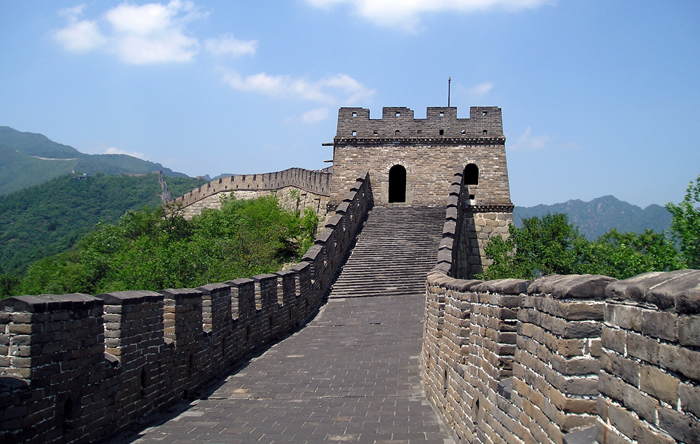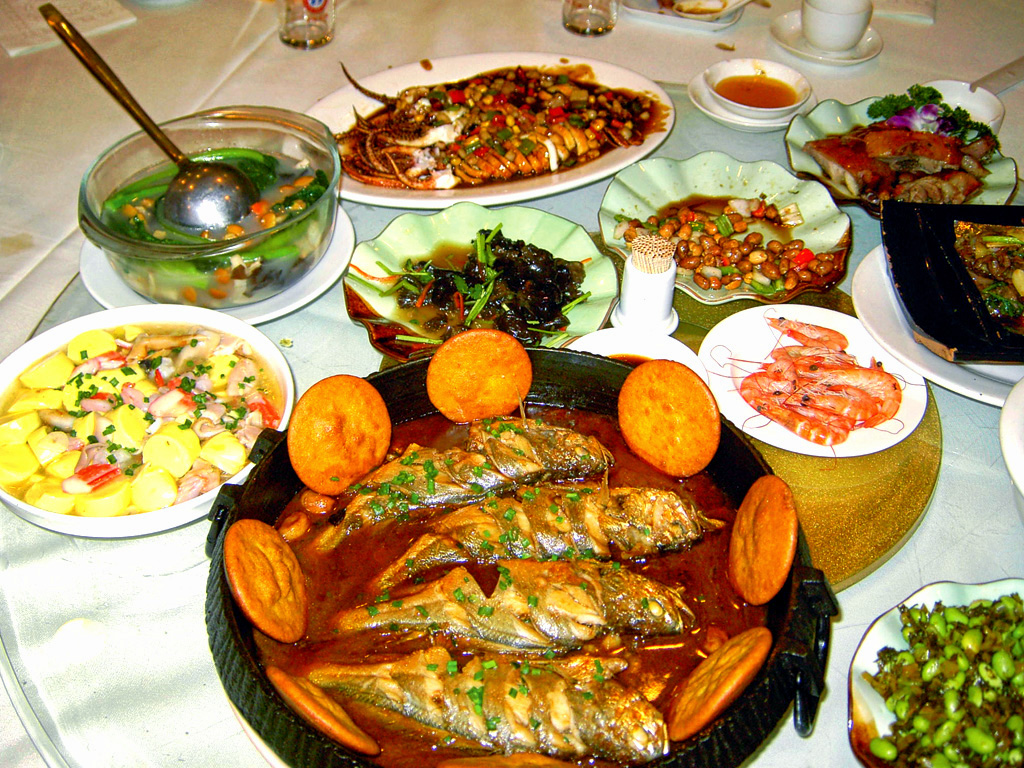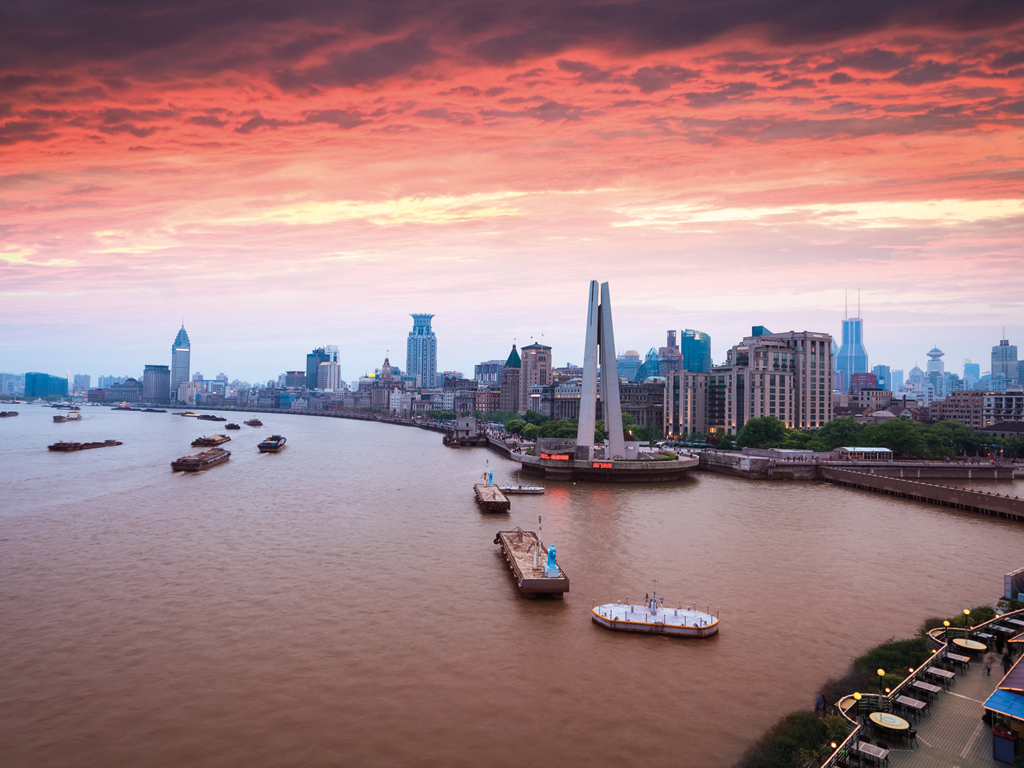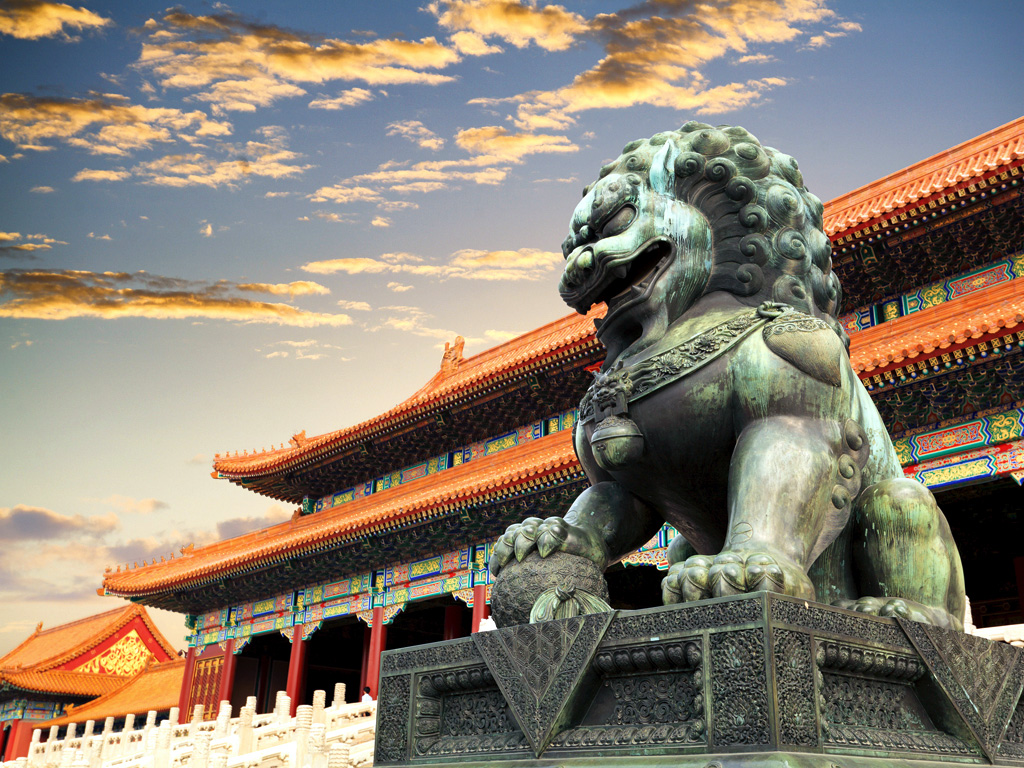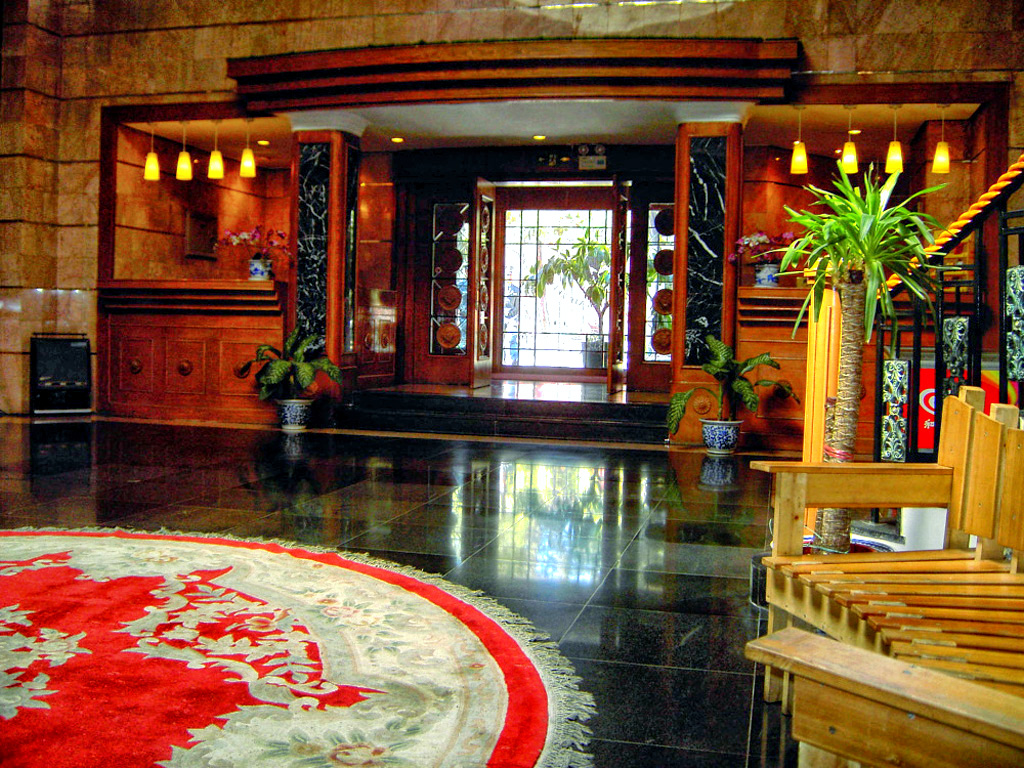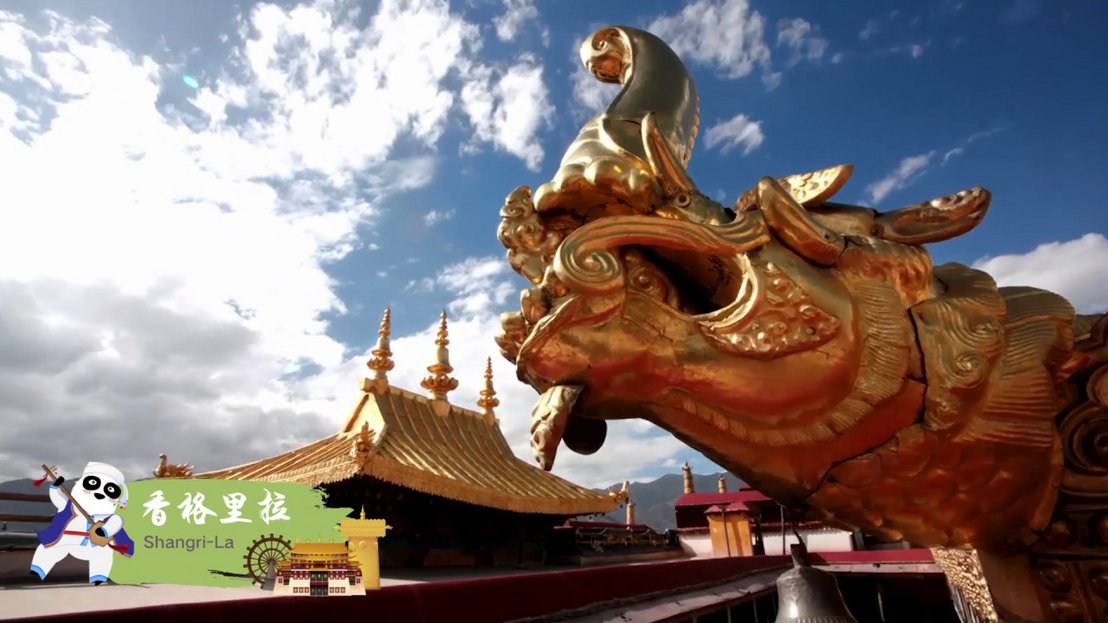☕Take advantage of our Espresso Discount! Save up to €400 on your language trip! ☕
💸 Enjoy our incredible discounts and benefits. Start saving now! 💰
Travel guide for China
China is one of the largest and most populous countries in the world. That alone is reason enough to visit this country of millions. You will also be fascinated by the country's exciting culture and history as well as the diversity of the landscape. Not in many countries is the contrast between metropolises with millions of inhabitants and villages as great as in China.
Let yourself be surprised by the Chinese cuisine. Have you ever heard of the thousand-year-old egg, for example? A Chinese speciality!
Our travel guide will tell you everything you need to know about the People's Republic of China. Immerse yourself in a foreign, but exciting and lively culture.
General Information
Geography
Time zone
Climate and travel seasons
Preparing your journey
Entry requirements
Currency
Health care
Society and everyday life
Religion
Politics
Local language and communication
Public transport
Culture and History
History
Culture
Holidays
Festivals
- Dragon Boat festival - the most popular and representative activity of Dragon Boat Festival is dragon boat racing. Dragon Boat Festival falls on month 5 day 5 of the Chinese lunar calendar (around mid-June)
- Lantern festival - traditionally on the last day of the Chinese New Year. This event was created about 2,000 years ago. Billions of lanterns and drone displays make the occasion incredibly joyful.
- Red leaf festival - held at Fragrant Hill, the most famous place for viewing fall while in China. From mid-October to early November, millions of tourists go to Fragrant Hill to enjoy the beautiful autumn scenery

